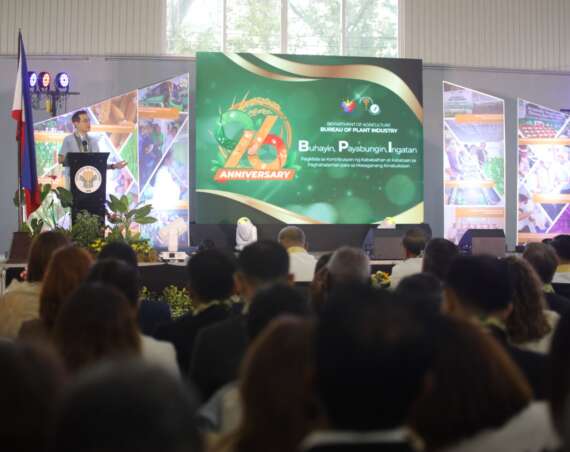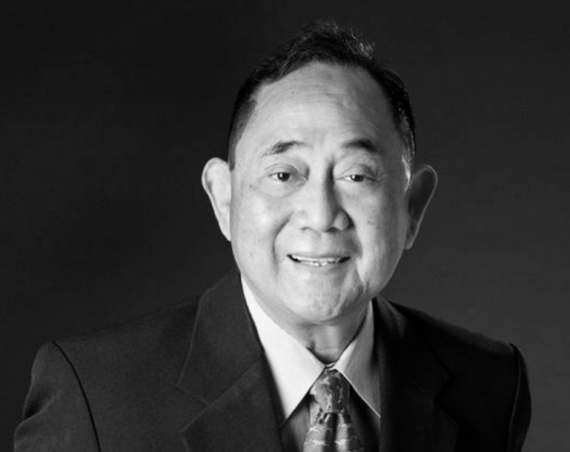Japan’s new Prime Minister Sanae Takaichi is moving fast to strengthen Tokyo’s defense posture and align more closely with U.S. President Donald Trump, but her narrow parliamentary margin could stall the most ambitious overhaul of Japan’s postwar security policy in decades.
Why it matters:
Takaichi’s decision to drop the pacifist-leaning Komeito and partner with the right-wing Japan Innovation Party (Ishin) removes long-standing restraints on revising Japan’s constitution and expanding the Self-Defense Forces. But without a stable majority in the 465-seat lower house, she risks political paralysis at home even as she signals toughness abroad.
What they’re saying:
“She is conservative, wants to increase defense spending, and has styled herself the Japan First candidate,” said Michael Green of the United States Studies Centre. “If she has a vulnerability with Trump, it is her relative weakness at home.”
A senior U.S. diplomat told Reuters that Takaichi “will be experiencing a baptism of fire on the diplomatic front” as she prepares to meet Trump in Tokyo next week, following a brief encounter at the ASEAN summit in Malaysia.
Driving the news:
Freed from Komeito’s pacifist influence, Takaichi and Ishin are aligned on revising Japan’s postwar constitution, doubling defense spending, and easing arms export rules. Ishin has even proposed a U.S.-style nuclear-sharing deal — a sharp departure from Japan’s traditional “three non-nuclear principles.”
Between the lines:
In parliament Friday, Takaichi vowed to accelerate Japan’s biggest military buildup since World War II, bringing forward the timeline to double defense spending to 2% of GDP by March 2026. “Japan must take the initiative in fundamentally strengthening its defense capabilities,” she said, calling a Taiwan crisis “a crisis for both Japan and the United States.”
The China factor:
China’s foreign ministry voiced concern over Takaichi’s visits to the Yasukuni Shrine, which it considers a symbol of Japanese militarism. Beijing urged Tokyo to “reflect on its history of aggression” and “exercise caution” in its defense policy — signaling rising friction as Takaichi abandons her predecessor’s careful diplomacy.
By the numbers:
A Kyodo News poll found 64% of Japanese respondents approve of Takaichi’s new government. Still, Tokyo University professor Ryo Sahashi warned that “the real issue is the budget” — and that a government with such weak footing may struggle to fund rapid defense expansion.
What’s next:
To win Trump’s favor — and boost her domestic credibility — Takaichi reportedly plans to unveil a goodwill package of U.S. imports, including pickup trucks, soybeans, and natural gas. Her outreach will coincide with Trump’s upcoming summit with Chinese leader Xi Jinping, setting the stage for a pivotal test of her leadership on the global stage.






